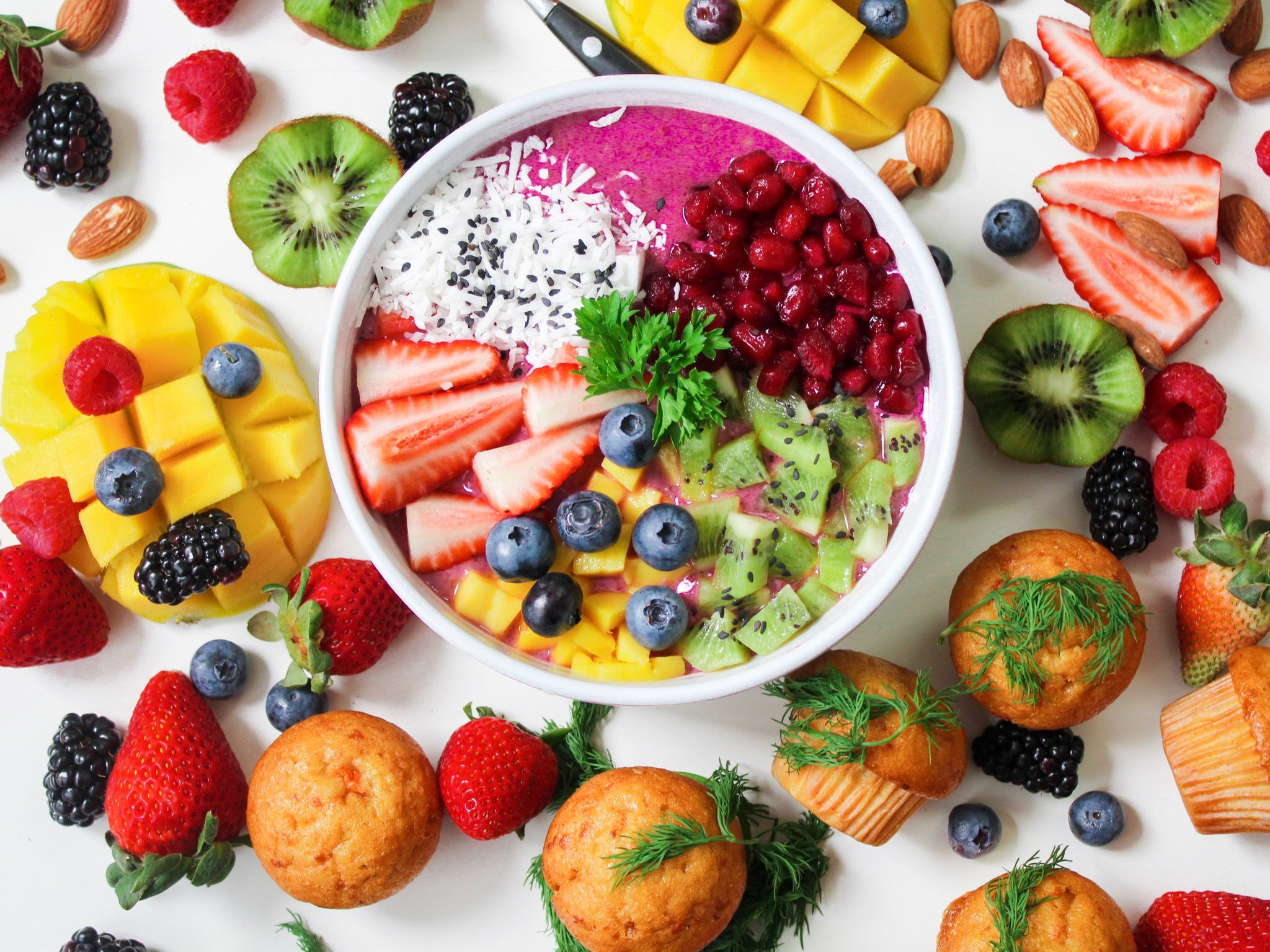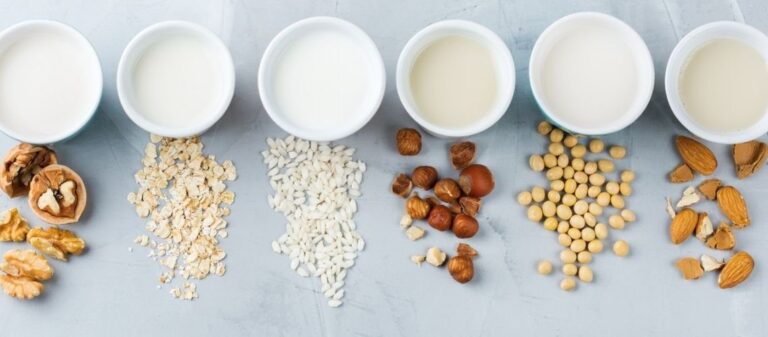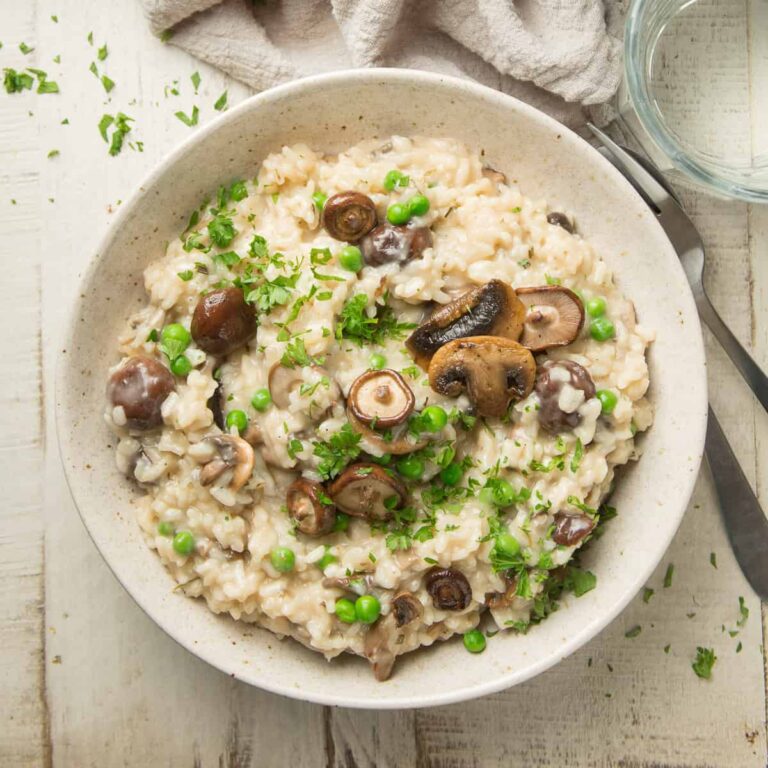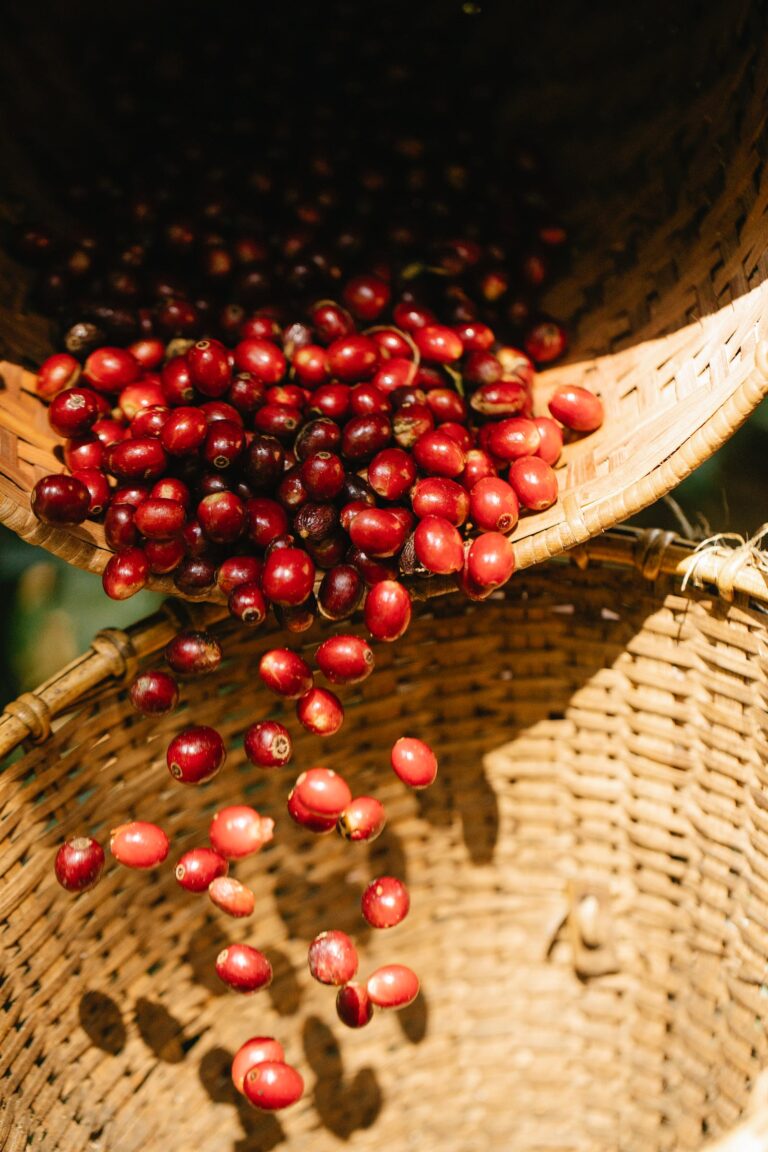The importance of Protein in a vegan diet
“The Importance of Protein” is a topic that often comes up in discussions about plant-based, vegan diets. Many people wonder how they can get enough protein without consuming animal products. Protein is essential for our bodies, as every cell contains protein, with most of it found in our muscles. To maintain good health, the general rule of thumb is to consume a daily minimum of 0.8 grams of protein for every kilogram of body weight. However, for plant-based diets, this increases to 0.9g per kilogram of body weight, as plant proteins are typically harder to digest.
A balanced vegan diet that incorporates a wide range of plant protein sources can easily meet our bodies’ protein requirements, while also providing significant positive impacts on our health and the environment. When it comes to optimal health, it’s not about consuming more protein, but about the “protein package.” A study of 130,000 men and women found that the source of protein matters more than the percentage of calories from protein intake.
Plant protein is typically superior to animal protein as it comes with other beneficial nutrients like fiber and unsaturated fats, which animal protein sources lack. While a steak may offer a lot of protein, it also contains unwanted saturated fats. In contrast, lentils may offer less protein, but the protein is complemented by significant amounts of fiber. When plant-based protein sources do include fats, they are typically unsaturated, which is better for our health.
Did you know that relying on plants for protein rather than animals has a whole host of health benefits? Plant-based foods are packed with superior protein packaging, which can help lower cholesterol and reduce the risk of cardiovascular disease, type 2 diabetes, cancer, obesity, and being overweight. Even if you’re not fully plant-based, cutting out processed meat and red meat as protein sources is advisable, as the World Health Organization has linked them to cancer.
But the benefits of a plant-based diet don’t stop at personal health. Shifting to plant-based protein sources could have a hugely positive impact on the environment, particularly in developed economies where animal food intake is high. In high-income countries, replacing animal-sourced foods with plant-based ones could reduce greenhouse gas emissions by up to 84%.
Of course, going fully plant-based may be too drastic a change for some people. But even a partial shift to a flexitarian diet, which is plant-based two-thirds of the time but allows for a small intake of animal protein, could reduce greenhouse gas emissions by as much as 52% by 2050 while still reaping health benefits. So, whether you go completely plant-based or partially, get your protein from plants whenever possible!
If you’re looking for plant-based sources of protein, be sure to check out these top picks! While the total amount of protein you consume each day is important, it’s also crucial to eat a variety of plant-based foods to ensure you’re getting all nine essential amino acids that your body can’t produce on its own.
Top plant protein sources
Here are some vegan-friendly options with the amount of protein found per 100 calories:
- Tofu: 10.7g
- Cooked lentils: 7.8g
- Beans, such as black-eyed, pinto, and kidney: between 6.3-6.7g
- Broccoli: 6.7g
- Cooked chickpeas: 5.4g
- Whole wheat bread: 5.4g
- Nuts and seeds, such as almonds: 3.7g
- Cooked quinoa: 3.4g
It’s worth noting that quinoa is a complete protein, meaning it contains all 22 amino acids. So, if you’re looking to increase your protein intake while sticking to a plant-based diet, try incorporating some of these delicious and nutritious options into your meals!





